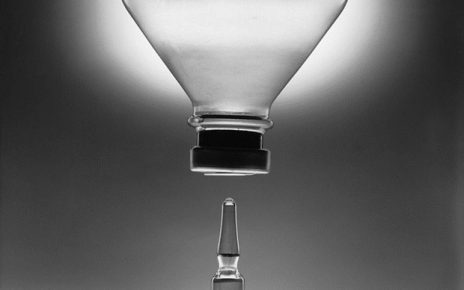
Jeanyung Chey, of the Seoul National University in Korea, started the research by asking herself, “Why do some people feel younger or older than their real age?”
More intriguingly, could it be that how young or old they feel accurately reflects how their body ages?
Potential answers to the first question “include depressive states, personality differences, or physical health,” she explains.
“However, no one had investigated brain aging processes as a possible reason for differences in subjective age,” adds Chey.
So, she and her colleagues set out to fill this gap in research. They used MRI to detect signs of aging in the brains of 68 healthy people aged 59–84.
The new findings were published in the journal Frontiers in Aging Neuroscience.

Studying subjective age and brain health
As we get older, our bodies will go through significant changes. As for the brain, it, too, has a range of specific age-related signs that show our mental agility may start to decline.
Previous studies, for instance, have shown that a decrease in gray matter volume is associated with mental and cognitive decline.
So, in the new study, Chey and team used voxel-based morphometry, which is a well-established method of analyzing differences in brain anatomy using MRI brain scans, and age-prediction modeling techniques to examine the changes in the participants’ gray matter volume.

All the seniors were also invited to fill in a survey that asked them to answer questions about how young they felt.
Specifically, they were asked if they felt younger, older, or just as old as their biological age. The survey also included questions regarding their cognitive abilities and self-perceptions of their health.
The volunteers’ cognitive function was also evaluated using episodic and working memory tests.

Feeling young means having a younger brain
Overall, the participants who reported feeling younger than their biological age had better scores in memory tests. They were also less likely to feel depressed and felt more optimistic about their health.
Importantly, MRI scans revealed that those who felt younger also had a higher volume of gray matter in key brain areas: the inferior frontal gyrus and the superior temporal gyrus.
Chey and colleagues conclude:
“Our findings suggest that subjective experience of aging is closely related to the process of brain aging and underscores the neurobiological mechanisms of [subjective age] as an important marker of late-life neurocognitive health.”
Chey herself weighs in on these findings, saying, “We found that people who feel younger have the structural characteristics of a younger brain.”
“Importantly, this difference remains robust even when other possible factors, including personality, subjective health, depressive symptoms, or cognitive functions, are accounted for.”
The mechanisms behind this surprising link remain largely mysterious, however. The study authors posit that, in what seems like a positive “self-fulfilling prophecy,” people who feel younger tend to engage in more physically and intellectually stimulating activities. On the other hand, if this is true, the opposite might happen to those who feel older.
As Chey explains, “If somebody feels older than their age, it could be sign for them to evaluate their lifestyle, habits, and activities that could contribute to brain aging and take measures to better care for their brain health.”
Source: Read Full Article



